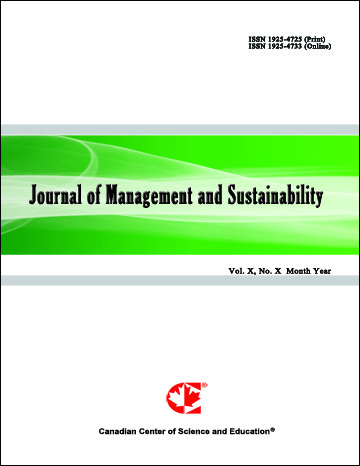Transfer of Knowhow and Experiences from Commercial Logistics into Humanitarian Logistics to Improve Rescue Missions in Disaster Areas
- Firas Rifai
Abstract
Reports on the news about nature or man-made catastrophes are not uncommon. We hear constantly that a human catastrophe has taken place somewhere in the world. In those cases where the infrastructure could possibly be destroyed, it becomes clear that a rescue mission is difficult to achieve. We need special rescue teams, who despite the difficult rescue mission, save lives and reduce suffering.
The special organizations involved in catastrophes are called humanitarian organizations. In addition, the specific skills and abilities that these organizations have should be mainly in logistics.
In this paper, the author goes into more details about humanitarian logistics and shows its importance in disaster areas. Unfortunately, these humanitarian organizations have many weaknesses and challenges. As a result, these organizations are not well developed, despite their importance. In contrast, the commercial logistics companies, which are well developed, have much strength in management, information technologies, etc.
This research defines humanitarian logistics and describes its weaknesses and limitations. Furthermore, it deals with the specifics of humanitarian organizations. The special features of these organizations are their rescue missions, especially in destroyed infrastructure areas. This research demonstrates the various similarities between commercial and humanitarian logistics and points to the potential of knowledge and experience transfer from commercial logistics to humanitarian logistics.
This research compares humanitarian logistics with commercial logistics. In doing so, the author tries to gain a deeper insight into the potential of transferring know-how and experience from retail logistics to humanitarian logistics in order to strengthen humanitarian logistics.
The research of logistics is a very dynamic world in which humanitarian logistics is becoming increasingly important both in research and in practice. In particular, the demands on logistics in general and on humanitarian logistics, in particular, will increase significantly in the near future because it is estimated that the number and impact of both natural and human disasters is increasing (Kumar et al., 2012).
Murphy (2015) analyzed the past data of catastrophes and derived a forecast for the future frequency of disasters and their impact: “Because of the increasing frequency (and severity) of disasters over the past 50 years, humanitarian logistics is likely to be an important topic into the foreseeable future”.
- Full Text:
 PDF
PDF
- DOI:10.5539/jms.v8n3p63
Journal Metrics
Google-based Impact Factor (2021): 1.54
h-index (July 2022): 37
i10-index (July 2022): 147
h5-index (2017-2021): 12
h5-median (2017-2021): 19
Index
- Academic Journals Database
- ANVUR (Italian National Agency for the Evaluation of Universities and Research Institutes)
- CAB Abstracts
- CNKI Scholar
- EconBiz
- Excellence in Research for Australia (ERA)
- GETIT@YALE (Yale University Library)
- Harvard Library
- HeinOnline
- Infotrieve
- JournalTOCs
- LOCKSS
- MIAR
- PKP Open Archives Harvester
- RePEc
- Scilit
- SHERPA/RoMEO
- Stanford Libraries
- UCR Library
Contact
- Evelyn XiaoEditorial Assistant
- jms@ccsenet.org
